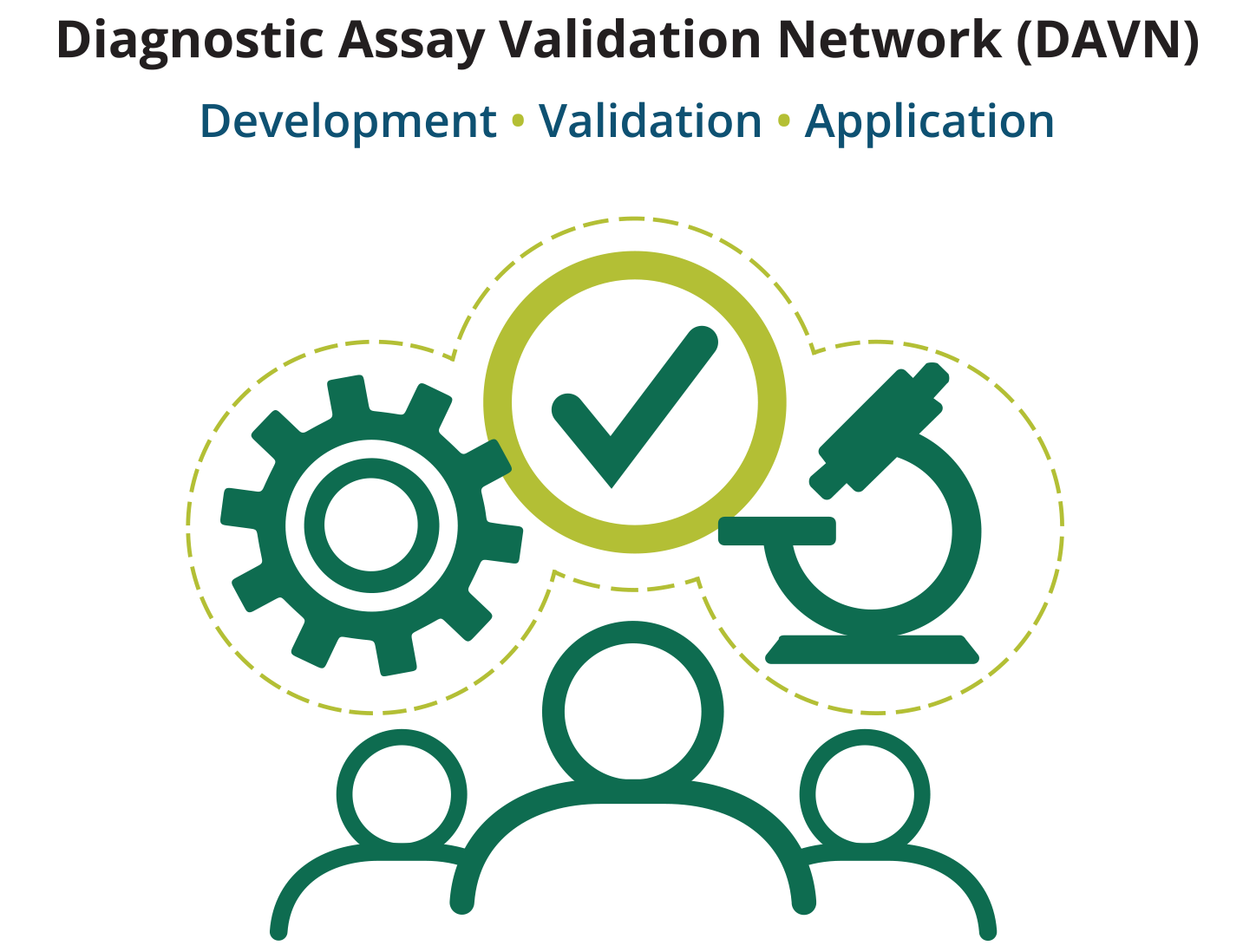This webinar is organized by the Diagnostic Assay Validation Network (DAVN)
View On-Demand Webinar
Broadcast Date: December 6, 2023 | 12:00 – 1:00 PM Central
Webinar Summary
Rolling Circle Amplification (RCA) is a technique that enables the efficient amplification of DNA molecules, particularly circular DNA. It relies on the strand displacement property of the phi 29 DNA polymerase, allowing for continuous synthesis of a new DNA strand in an isothermal manner. This property proves advantageous for amplifying viral pathogens with genomes composed of circular DNA. In this scenario, DNA is extracted from the host, and circular DNA is amplified efficiently without needing for specificity. This procedure is highly useful for detecting and manipulating circular DNA, such as viruses and plasmids.
Learning Objectives
This session will introduce the protocol for using RCA to amplify circular DNA, focusing on plant DNA viruses as case studies. We'll begin with a basic DNA extraction protocol and proceed to the amplification step using phi 29 DNA polymerase. The resulting DNA will then be ready for various applications, including sequencing, cloning, and diversity analysis.
At the end of this session, attendees will understand:
-
The advantages of employing RCA in molecular biology and diagnostic laboratories
-
Be able to explain the DNA amplification procedure and the potential uses of the resulting DNA
Presenter

Dr. Alice Nagata
University of Brasília | Dr. Nagata is a researcher at Embrapa Vegetables and a lecturer in the postgraduate course in phytopathology at the University of Brasília. Her primary area of expertise lies in plant viruses, with a specific focus on viruses that affect tomato and pepper plants within the families Geminiviridae, Potyviridae, Tospoviridae, and Virgaviridae. At present, she serves as the chair of the Study Group for the family Potyviridae within the International Committee on Taxonomy of Viruses. Throughout her career, Dr. Nagata has made significant contributions to the field, particularly in the areas of virus characterization, epidemiological studies, the development of resistant plant cultivars, and the establishment of techniques for virus detection and identification based on both serology and molecular methods. She considers herself a field virologist, as her approach involves a deep understanding of the diseases before embarking on new research initiatives. Dr. Nagata’s most recent and noteworthy research interests revolve around developing biotechnological tools to manage viruses and their insect vectors. The ultimate goal is to make these control methods readily available to complement integrated pest management strategies within the agricultural sector, contributing to more sustainable and resilient crop production. |
